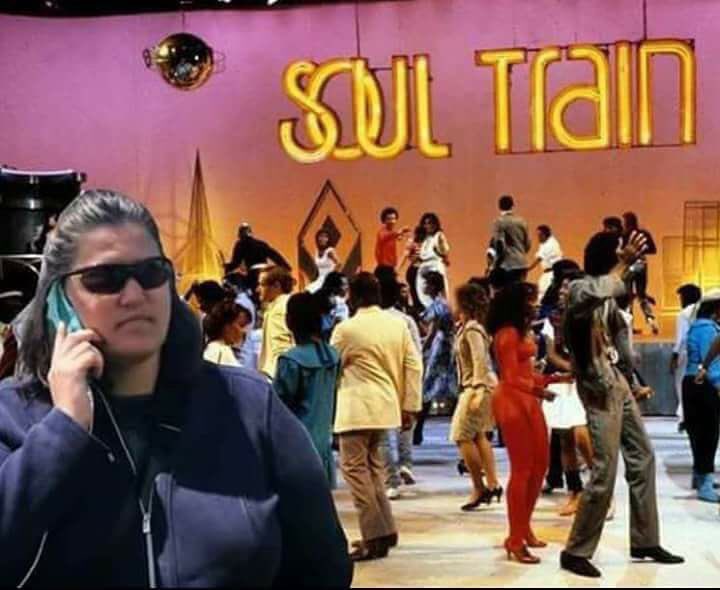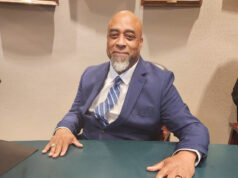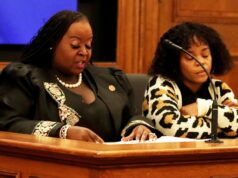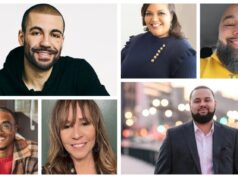By now you’ve seen all the funny memes of a white woman making a call in front of a variety of scenes of black people – historic, artistic, or cultural. While the memes are sheer genius, they mask a truly painful reality. A week or so ago, a black family went to an Oakland, Calif., park to have a barbeque. Shortly after firing up their grill, a white woman decided to call the police because of their “suspicious” activity — and the police responded.
Fortunately, for them, another white woman decided to stay with them until the police arrived to vouch for them — to say they were doing NOTHING! This incident reflects the ongoing challenge of being black in a society where your mere existence can be read as criminal behavior.
Shortly after this incident, memes started appearing all over social media with pictures of black people from Soul Train dancers to President Obama sitting at his desk in the Oval Office and had the white woman on her phone superimposed on the image. Black folks started doing what we always do — turning a painful experience into humor.
But, we need to be clear. This woman’s actions and the police response to her call is not an isolated incident. Earlier this spring, two black men in Philadelphia were arrested in Starbucks for sitting, waiting for a business associate, and not purchasing a Starbucks product. In another incident, three women (one of them the granddaughter of Bob Marley) were detained by the police as they left an AirBnB because a white neighbor saw them as “suspicious.” Also, this spring a black Yale college student was in her dormitory’s common room working on a paper for a class. Like many college students, she was tired and nodded off to take a nap. Before she knew it she was confronted by campus police. A white woman in the dorm called the police on her. She had to allow the police to walk with her back to her room and use her key to open her door to prove she was a resident of the dorm. Even then, the police wanted to see her ID.
What is going on here? The easy answer is racism. But these responses by white people, concerning the very presence of black people, speak to something even deeper and more sinister in our culture. White people need to control when and where they see black people. They need to determine what spaces are “white” spaces and what spaces black people need to be relegated to. When black people occupy those spaces white people have staked out for themselves, white people feel entitled and empowered to have them removed.
This is not merely a question of ignorance. The white woman in Oakland allegedly has a Ph.D. and affiliation with Stanford University. This is about the visceral reaction to black people and their very existence. For years we talked about “Driving while Black” to describe the phenomenon of black people being stopped in their cars by police for no apparent reason, but it is clear that it goes beyond “moving violations.”
White people have determined that as long as we are entertaining, collecting trash, cleaning toilets, making hotel beds, in prison or jail, locked in disadvantaged neighborhoods, or making hotel beds we are in our “proper places.” But when we dare to live ordinary lives that allow us to express our humanity, we are a danger. We don’t belong in the executive suites, in the banks, at the upscale malls, on a trip to the Wine Country, or on a university campus. When we “trespass” into these white spaces we can expect some white person to call the cops to report they see black people!










